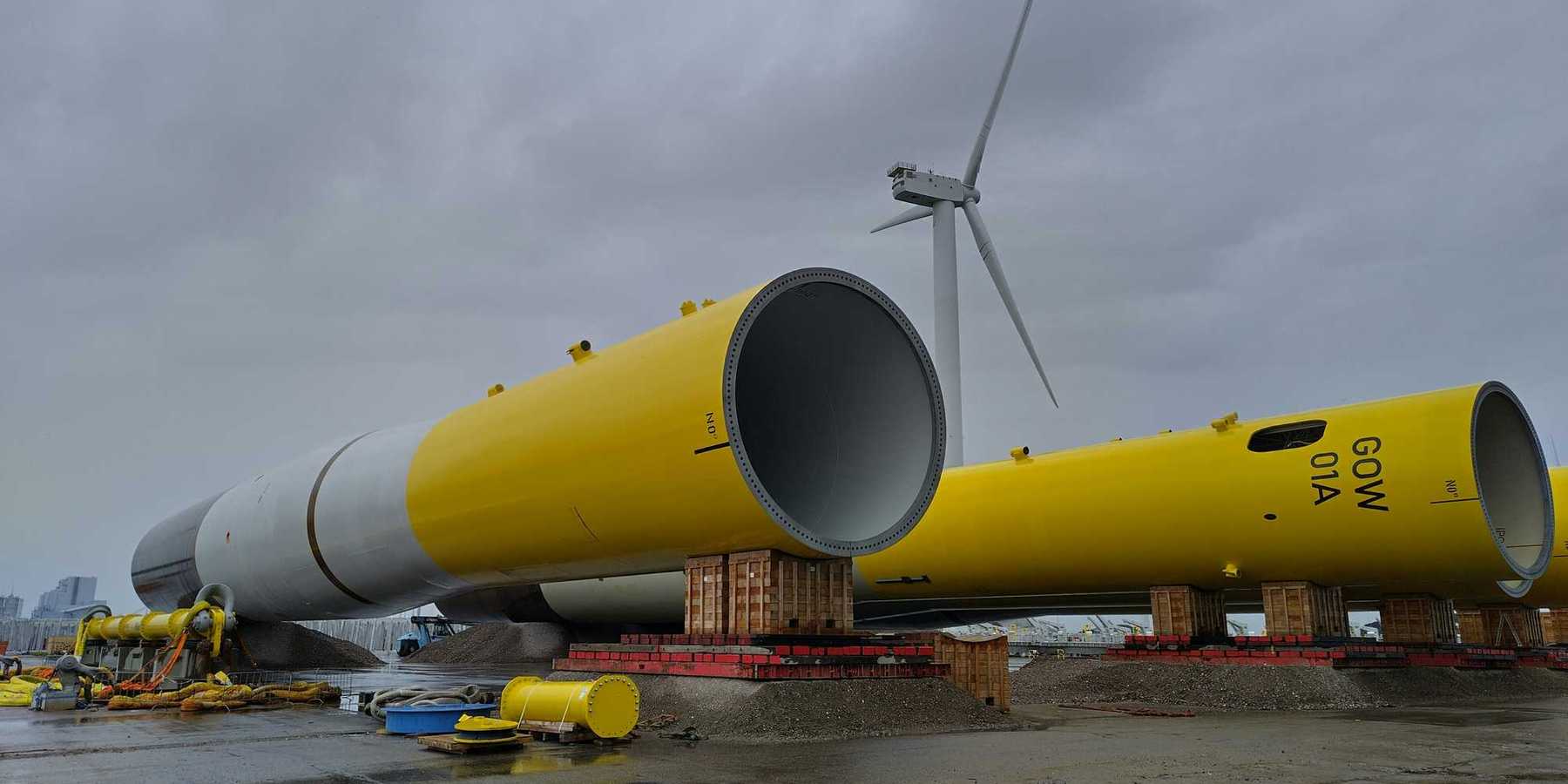New SUVs more polluting than old cars
The Independent: A new SUV purchased in 2023 will release more carbon dioxide per kilometer than a conventional engine car bought in 2013, a new study finds. Stuti Mishra reports.
In a nutshell:
The recent study by climate charity Possible reveals this disconcerting reality. The soaring popularity of Sports Utility Vehicles is undoing progress made in curbing carbon pollution from new cars. Notably, the study challenges the assumption that low-income individuals drive more polluting vehicles, revealing that the wealthiest households are 81 percent more likely to own super-emitting cars. The trend is global, as SUVs are accounting for nearly half of all cars sold worldwide, further exacerbating the climate crisis. Possible is calling for policy changes, including taxes based on vehicle emissions, carbon-based parking and road charges, and a halt to advertising the most polluting SUVs to curtail this environmental menace.
Key quote:
“Thanks to profit-hungry car companies, we are now driving in the wrong direction when it comes to carbon emissions from new fossil-fuelled cars,” Leo Murray, co-director of Possible, said.
The big picture:
The surge in emissions from SUVs not only imperils our climate but also presents a growing health concern. As these gas-guzzlers spew excessive carbon dioxide, they contribute to worsening air quality. The resulting air pollution, laden with harmful particulates, increases the risk of respiratory illnesses and cardiovascular problems, and poses a significant threat to public health.
Read Mishra's article at The Independent.
Should we just avoid driving altogether? To tackle climate change and save lives, the Biden administration needs to support bike- and pedestrian-friendly streets, argues Cynthia Palmer.













